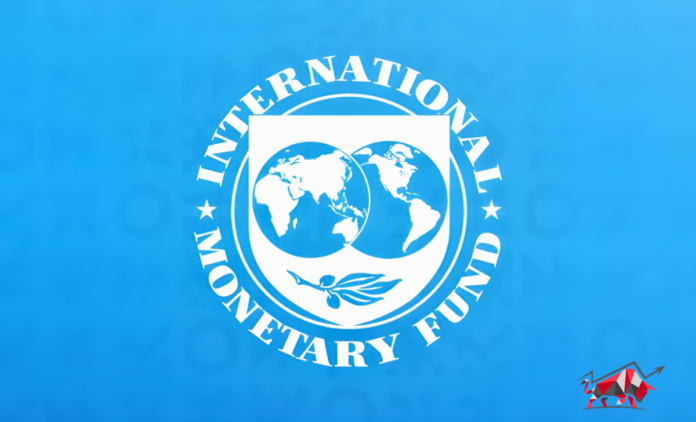The International Monetary Fund (IMF) suggests that Nigeria should license global cryptocurrency exchanges as part of its economic reforms.
Securing Nigeria’s Position in the African Crypto Market
The recommendation aims to make Nigeria a secure player in the African cryptocurrency market. The IMF advises registering or licensing global crypto trading platforms in Nigeria.
Authorities should enforce Anti-Money Laundering and Countering the Financing of Terrorism (AML/CFT) controls on crypto trading platforms, the IMF suggests.
Addressing Discrepancies in Nigeria’s Balance of Payments
The IMF report notes discrepancies in Nigeria’s balance of payments, including unrecorded financial transactions involving crypto assets. Preliminary data for 2023 shows significant negative balances in Nigeria’s financial transactions, reflecting challenges in the country’s economy.
Regulating cryptocurrency exchanges could attract international investment and improve financial market stability in Nigeria, according to the IMF. By regulating crypto exchanges, Nigeria could enhance its control over digital financial movements and reduce illegal financial flows.
Regulatory Shift in Nigeria
Nigeria’s Securities and Exchange Commission plans to ban peer-to-peer cryptocurrency exchanges using the national currency, the naira. The ban aims to protect the naira from manipulation and its perceived impact on the exchange rate, according to the Nigerian SEC Director General.
Industry advocates find the ban on P2P cryptocurrency payments challenging, considering it nearly impossible.


